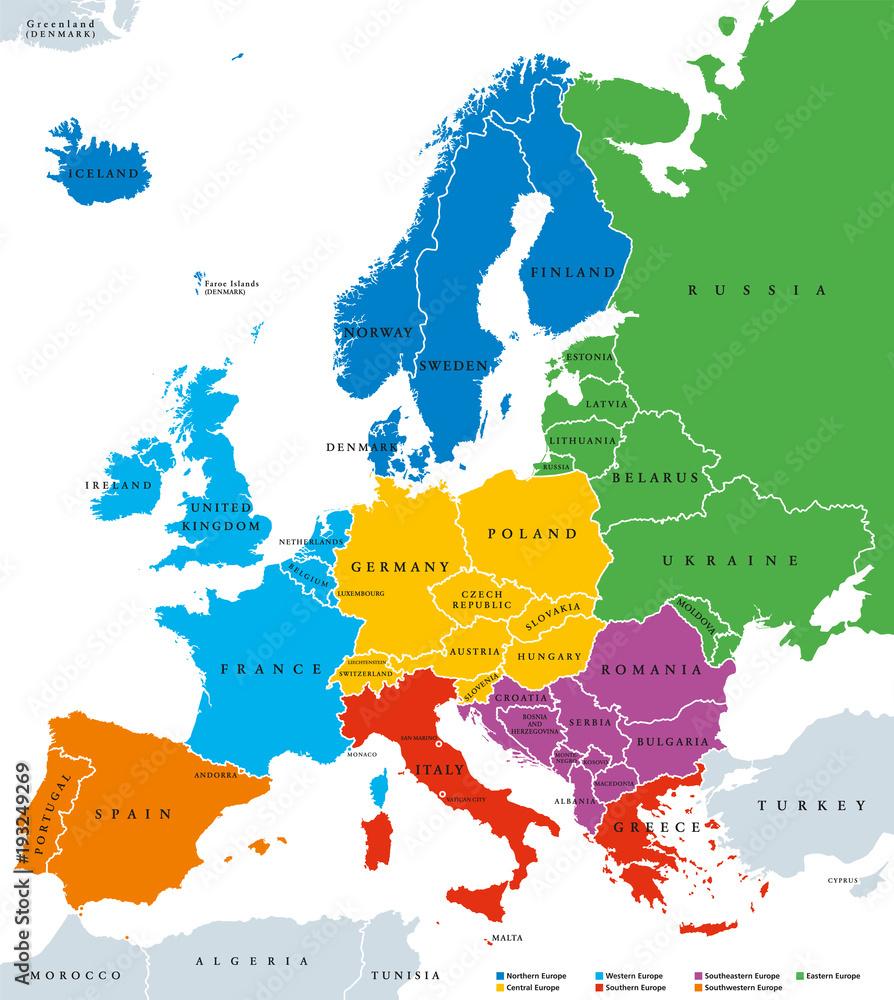Europe’s Strategic Role in Ukraine: A New Era of Transatlantic Cooperation
Table of Contents
As the world anticipates the incoming U.S. governance’s approach to the ongoing conflict in Ukraine, European leaders are presented with a pivotal opportunity to assert their influence and shape future peace negotiations. President-elect Donald Trump has expressed his commitment to ending Russia’s invasion through diplomatic means, yet details of his strategy remain undisclosed. This uncertainty opens a window for Europe to take decisive action.
To secure beneficial terms in any forthcoming peace talks,western nations must negotiate from a position of strength. This involves substantially increasing military aid to Ukraine and applying economic pressure on Russia. By doing so, Europe can demonstrate its readiness to lead alongside the United States.
The Financial Leverage: Frozen Russian Assets
A critical move would be utilizing over €280 billion in Russian state assets currently frozen within European jurisdictions. These funds could bolster Ukraine both economically and militarily by financing American weaponry purchases—a prospect that aligns with Trump’s economic interests as noted by U.S. House Speaker Mike Johnson who described it as “pure poetry.” The legal framework for seizing these assets is robust under international law, with precedents set by legislation passed in both the U.S. and Canada.
energy Sector Dynamics
The energy sector presents another avenue for Europe to influence potential peace discussions while enticing the new U.S administration.trump has consistently advocated for expanding American energy exports—a sentiment echoed by EU Commission President Ursula von der Leyen who suggested replacing Russian LNG imports with those from the United States.
This shift could diminish Putin’s revenue streams significantly if paired with stricter controls on Russian oil prices and crackdowns on illicit tanker operations—further eroding Russia’s share of global energy markets while strengthening transatlantic economic ties.
With Russia grappling with high inflation and an overheating economy, additional measures targeting its energy sector might compel Putin towards negotiations under more favorable conditions for Western allies. Though, once talks commence, European governments must be prepared to make significant commitments toward achieving lasting peace within their region.
- Deploying European troops as part of ceasefire enforcement efforts
- Securing logistical support from NATO allies including political backing from Washington
- Ensuring credible security guarantees are provided during negotiations
- Eurasian Center ‘s mission is enhancing transatlatic cooperation promoting stability democratic values prosperity Eurasian Eastern Europe Turkey West Caucasus Central Asia East.


3 comments
[…] Agendas: Recognize that foreign aid is intrinsically linked to domestic security and economic prosperity. Rather than viewing aid expenditures as costs, acknowledge them as strategic […]
[…] Morning Opening: All Eyes on Ukraine […]
[…] that has drawn attention both domestically and abroad,senior figures from the United States and Ukraine are ramping up diplomatic initiatives aimed at de-escalating tensions with Russia. The dialogue […]